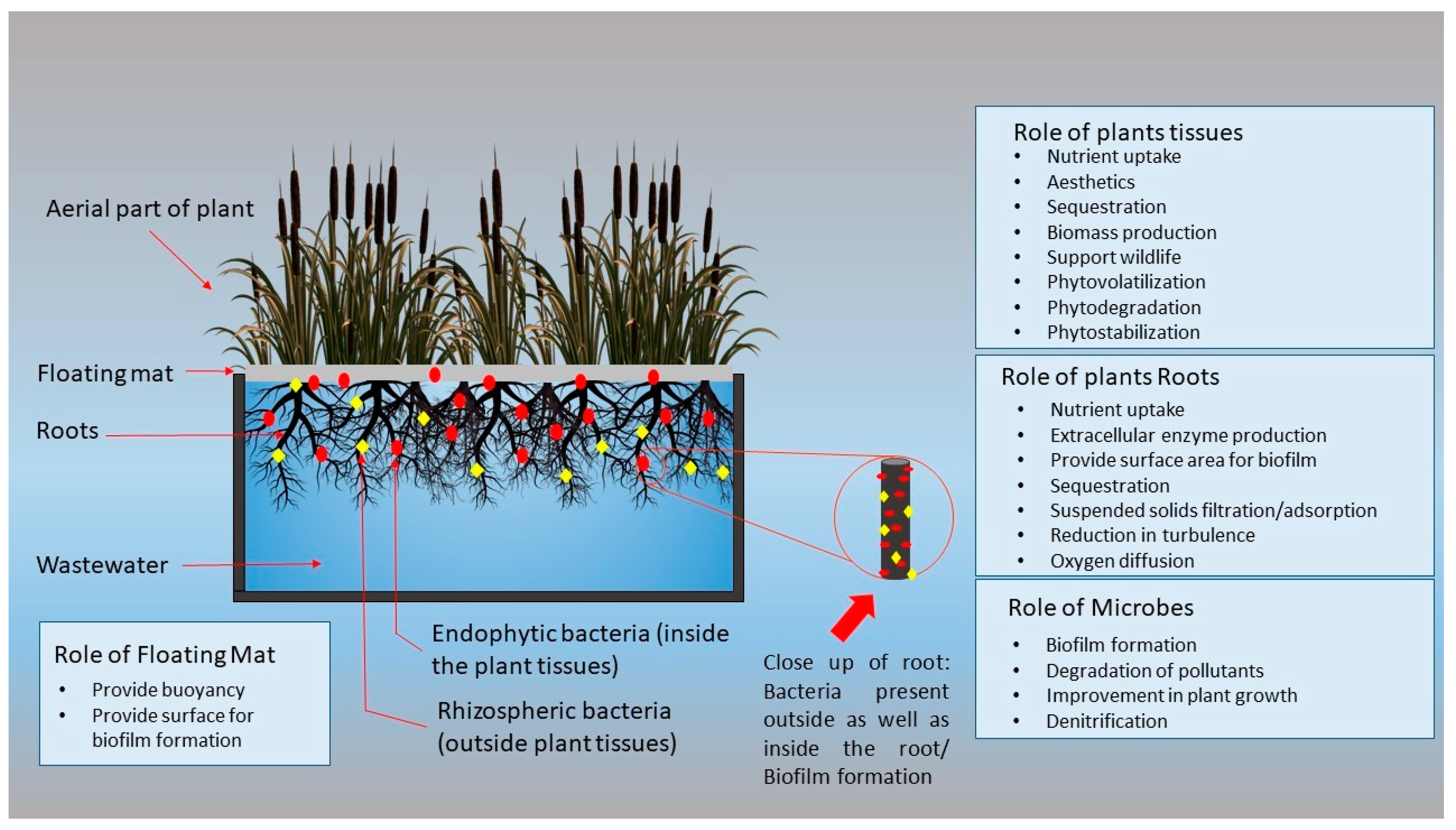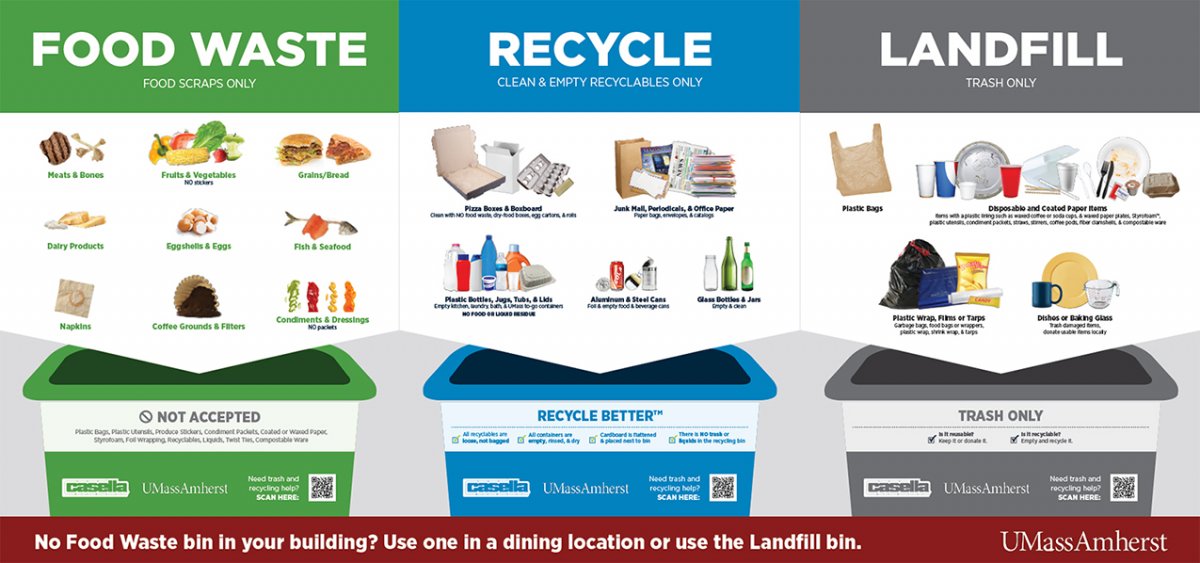Composting is becoming increasingly popular as people seek eco-friendly ways to dispose of their organic waste. It reduces the amount of garbage sent to landfills and helps nourish the soil, making it a valuable practice for both the environment and gardeners. However, when it comes to composting certain materials, such as Kleenex or facial tissues, there is some confusion as to their compostability.

Credit: www.mdpi.com
The Basics of Composting
Before we delve into whether or not Kleenex can be composted, let’s go over the basics of composting. Composting is the process of decomposing organic matter, such as food scraps, yard waste, and certain other materials, in order to create nutrient-rich compost. Compost can be added to soil to enhance its fertility and help plants grow.
When composting, it’s important to balance the mix of carbon-rich and nitrogen-rich materials, also known as browns and greens. Browns include items like dried leaves, straw, and paper, while greens consist of fresh grass clippings, fruit scraps, and vegetable peels. Getting the right balance between these materials is essential for a successful compost pile.
The Kleenex Debate
Now, let’s address the question: can you compost Kleenex? The short answer is yes, but with some caveats. Kleenex and other facial tissues are made from paper, which is generally considered compostable. However, it’s crucial to check if the tissues have any additives that may hinder the composting process and potentially harm your compost pile.
Many facial tissues, including Kleenex, are treated with chemicals or lotions that make them softer and more absorbent. While these additives may not be harmful to human skin, they can have adverse effects on compost piles. The chemicals and lotions can slow down the decomposition process and may introduce toxins into the compost.
How to Compost Kleenex
If you still want to compost your Kleenex, there are a few steps you can take to ensure it doesn’t negatively impact your compost pile:
- Avoid tissues with lotions or chemicals: Look for unbleached, plain facial tissues that don’t have any added lotions or chemicals. These types of tissues are more likely to break down effectively in the compost pile.
- Tear or shred the tissues: Before adding the tissues to your compost pile, tear or shred them into smaller pieces. This helps speed up the decomposition process and ensures the tissues break down effectively.
- Mix with other compostable materials: To ensure a balanced compost pile, mix your tissue scraps with other compostable materials, such as fruit and vegetable scraps, leaves, and yard waste. This helps create a diverse environment for decomposition.
- Monitor your compost: Keep an eye on your compost pile, especially if you have added tissues or other items that may take longer to break down. If you notice any issues, such as a foul odor or slow decomposition, you may need to make adjustments to your composting method.

Credit: www.conserve-energy-future.com
What to Do If You’re Unsure
If you’re still unsure whether or not you should compost your Kleenex, the safest option is to dispose of it in the regular trash. This ensures that any potential chemicals or additives won’t harm your compost pile or the environment.
Remember, composting is all about creating a healthy and sustainable way to dispose of organic waste. It’s important to make informed decisions and choose materials that will contribute positively to your compost pile. While Kleenex can be composted under the right conditions, it’s essential to be mindful of any additives that may hinder the composting process.
| Pros of Composting Kleenex | Cons of Composting Kleenex |
|---|---|
| – Reduces landfill waste | – Chemicals and lotions can slow down decomposition |
| – Creates nutrient-rich compost | – Potential introduction of toxins into the compost |
| – Enhances soil fertility | – May cause issues in your compost pile |
Ultimately, the decision to compost Kleenex is up to you. If you’re willing to take the necessary precautions and monitor your compost pile closely, composting Kleenex can be a viable option. However, if you’re uncertain or concerned about potential additives, it’s best to stick to disposing of facial tissues in the regular trash.
Remember to always prioritize the health and success of your compost pile, and happy composting!
Frequently Asked Questions On Can You Compost Kleenex? Discover The Power Of Sustainable Tissue Disposal
Can You Compost Kleenex?
Yes, you can compost Kleenex, but there are some important considerations to keep in mind.
Is Kleenex Biodegradable?
Yes, Kleenex tissues are biodegradable and will break down over time when properly composted.
How Long Does It Take For Kleenex To Compost?
Kleenex tissues typically take around 2-4 weeks to fully compost, depending on the conditions of your compost pile.
Can You Compost Tissues With Lotion?
Tissues with lotion can be composted, but keep in mind that the lotion may take longer to break down than the paper itself.

I am a graduate of Bangladesh Agricultural University, where I delved into various agricultural disciplines, equipping me with a profound understanding of agriculture. Beyond academics, I have hands-on experience in gardening and crop cultivation. My passion is to embrace sustainable farming and horticulture. With a BSc in Agriculture, I am dedicated to promoting environmentally conscious and efficient agrarian practices.
Bachelor of Science (BSc) in Agriculture (Hons.)
Master of Science. (Sustainable Agriculture & Food Security ) (MS)
Bangladesh Agricultural University




